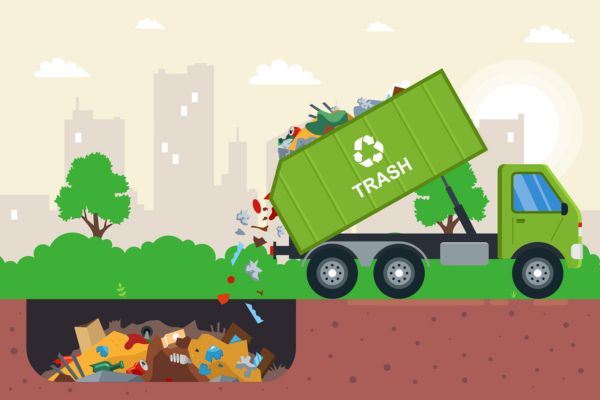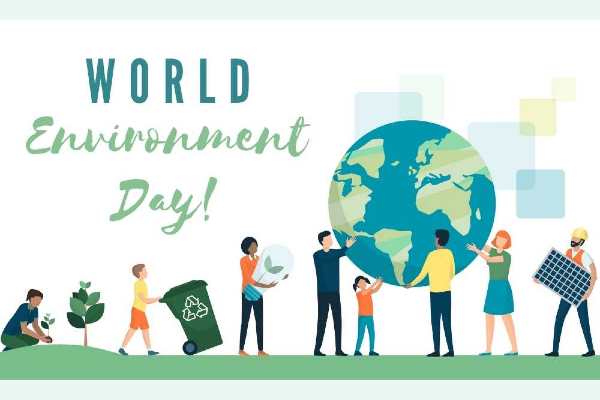If people stop recycling, several negative consequences could occur. Below are a few of them.
- Increased waste: Recycling helps reduce the amount of waste that ends up in landfills. Without recycling, the amount of waste generated would increase, leading to the need for more landfill sites. This could lead to environmental problems such as pollution, greenhouse gas emissions, and depletion of natural resources.
- Depletion of natural resources: Recycling reduces the need for extracting and refining raw materials, such as minerals, trees, and oil, which are finite resources. Without recycling, the demand for these resources would increase, leading to their depletion and eventual exhaustion.
- Increased energy use: Recycling often requires less energy than producing new products from raw materials. Without recycling, the energy required to extract, transport, and process raw materials would increase, leading to more fossil fuel consumption and greenhouse gas emissions.
- Economic costs: Recycling creates jobs and generates revenue from the sale of recycled materials. Without recycling, these economic benefits would be lost, and the costs of waste disposal would increase, leading to higher taxes and fees for consumers.
- Environmental degradation: Landfills are known to produce environmental problems such as pollution, greenhouse gas emissions etc. Without recycling, we would require more landfills, leading to more environmental degradation and public health concerns.
Hence, if people stop recycling, it would have negative impacts on the environment, economy, and society at large. Therefore, it is essential to continue to promote and encourage recycling as a way to reduce waste, conserve resources, and protect the environment. Are you recycling yet? If no, contact Madenat Recycling TODAY!














